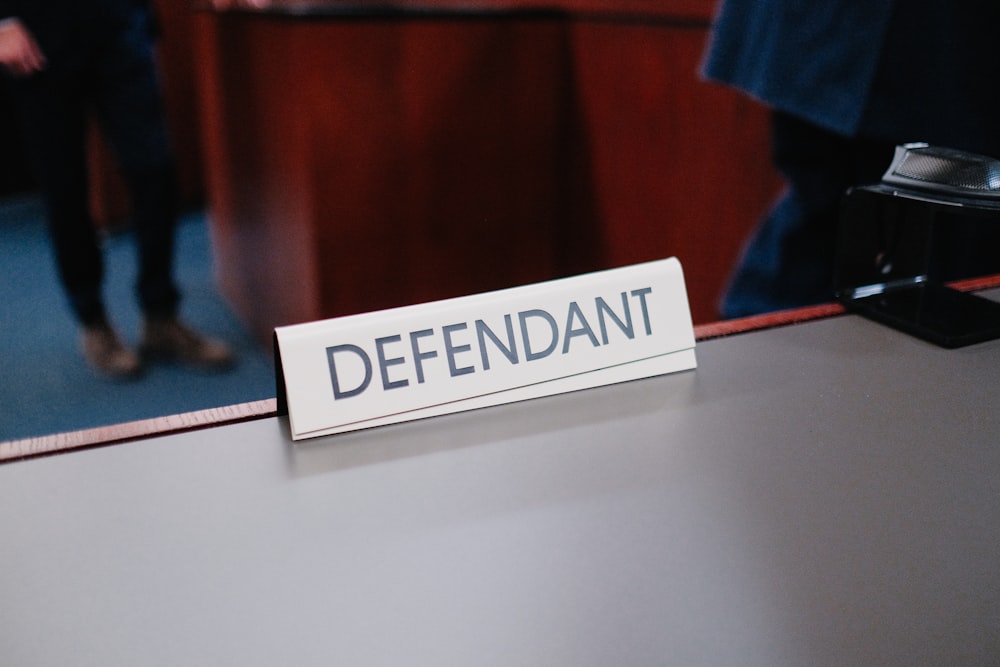Exploring Legal Remedies: A Comprehensive Overview
Understanding Legal Remedies
Legal remedies are the courses of action available to individuals or entities when their rights have been infringed upon or when they seek to enforce legal rights or obligations. These remedies can take various forms, including monetary compensation, injunctive relief, specific performance, and declaratory judgments. Understanding the different types of legal remedies is essential for navigating legal disputes effectively.
Types of Legal Remedies
There are two main categories of legal remedies: remedies at law and remedies in equity. Remedies at law, also known as monetary remedies, involve the payment of money damages to compensate for losses or injuries suffered. On the other hand, remedies in equity focus on non-monetary relief, such as injunctions, specific performance, and declaratory judgments, aimed at preventing future harm or enforcing specific obligations.
Monetary Remedies
Monetary remedies are the most common form of legal remedy and typically involve the payment of damages to compensate for losses suffered as a result of a legal wrong or breach of contract. There are different types of monetary damages, including compensatory damages, which aim to restore the injured party to the position they were in before the wrongdoing occurred, and punitive



















